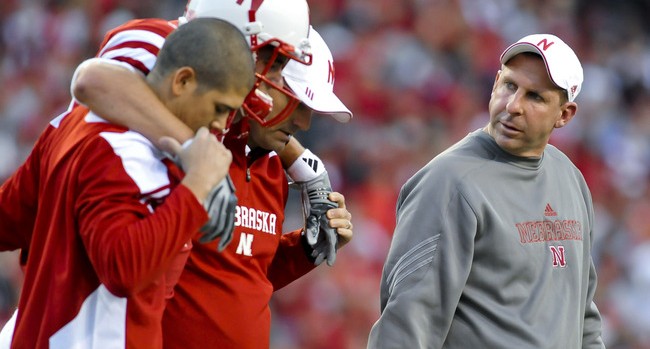The following article was written by Bryan Jacobs, a financial services representative at MassMutual Financial Group. Bryan Jacobs may be reached at [email protected].
Things happen beyond our control. The most important and overlooked issues are the ones we leave on the back burner that tend to burn us the most when it’s too late. But luckily the NCAA has an excellent program for select student athletes; I am referring to the student-athlete disability insurance program. Why would an athlete need a policy like this? The answer is easy… It is to ensure they will receive the millions of dollars they would be entitled to if they are hurt and can’t play. But why would they need this in college, as they are not getting paid? Well, this protects future earnings that they might be entitled to.
Most disability policies are bought before the players are even seniors in college, and after draft experts as well as the insurers are able to predict where the student athlete will fall in the next draft. You can not guarantee that a person will never become injured or disabled, especially the way college athletes play the game…and yes, they occasionally party.
The NCAA’s disability insurance program is for exceptional student-athletes in the sports of football, men’s and women’s basketball, baseball and men’s ice hockey. The NCAA program enables qualifying student-athletes, as approved by the program administrator, to purchase disability insurance contracts with pre-approved financing, if necessary (As stated on the NCAA web site). This program allows the student-athlete the opportunity to protect against future loss of earnings as a professional athlete, due to a disabling injury or sickness that may occur during the collegiate career. These policies are not black and white; there are a lot of variables to consider. Some of the most important things to review about these contracts are just the definitions of what the companies consider a disability.
The student-athlete who gets this policy must make sure that everything is shown to the NCAA as well as the compliance office in the university. This should avoid potential problems that might occur in the future.
Some of the student athletes that have taken out policies such as these include three players on Florida’s 2006 men’s national championship basketball team: Joakim Noah, Al Horford and Corey Brewer. Others athletes include Alabama running back Mark Ingram, Georgia receiver A.J Green and LSU cornerback Patrick Peterson just to name a few.
